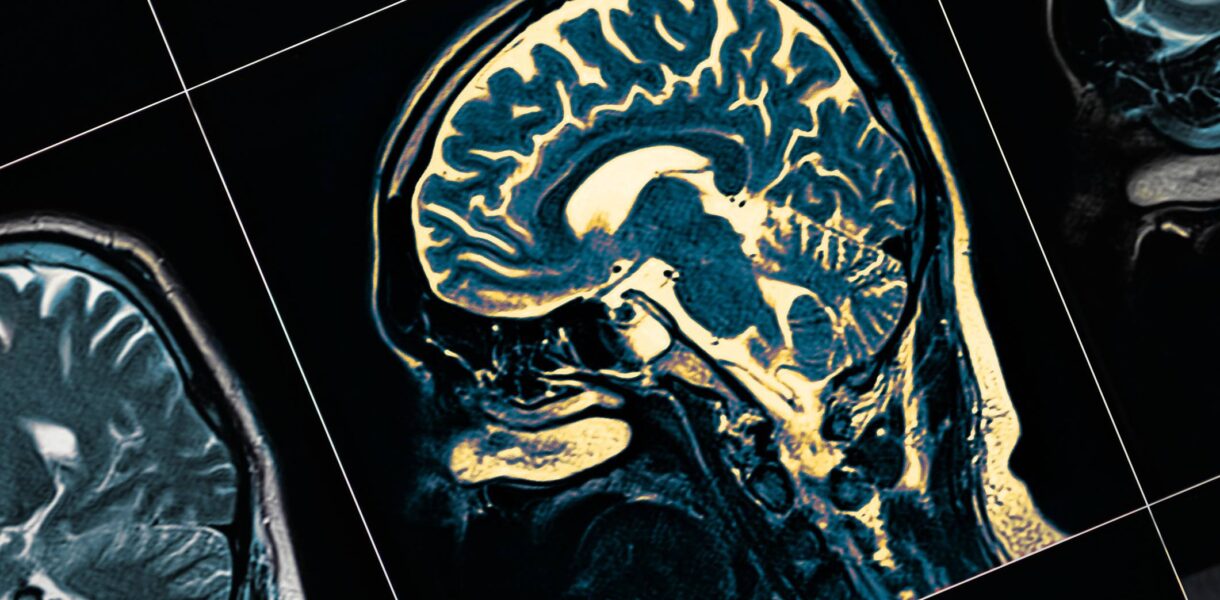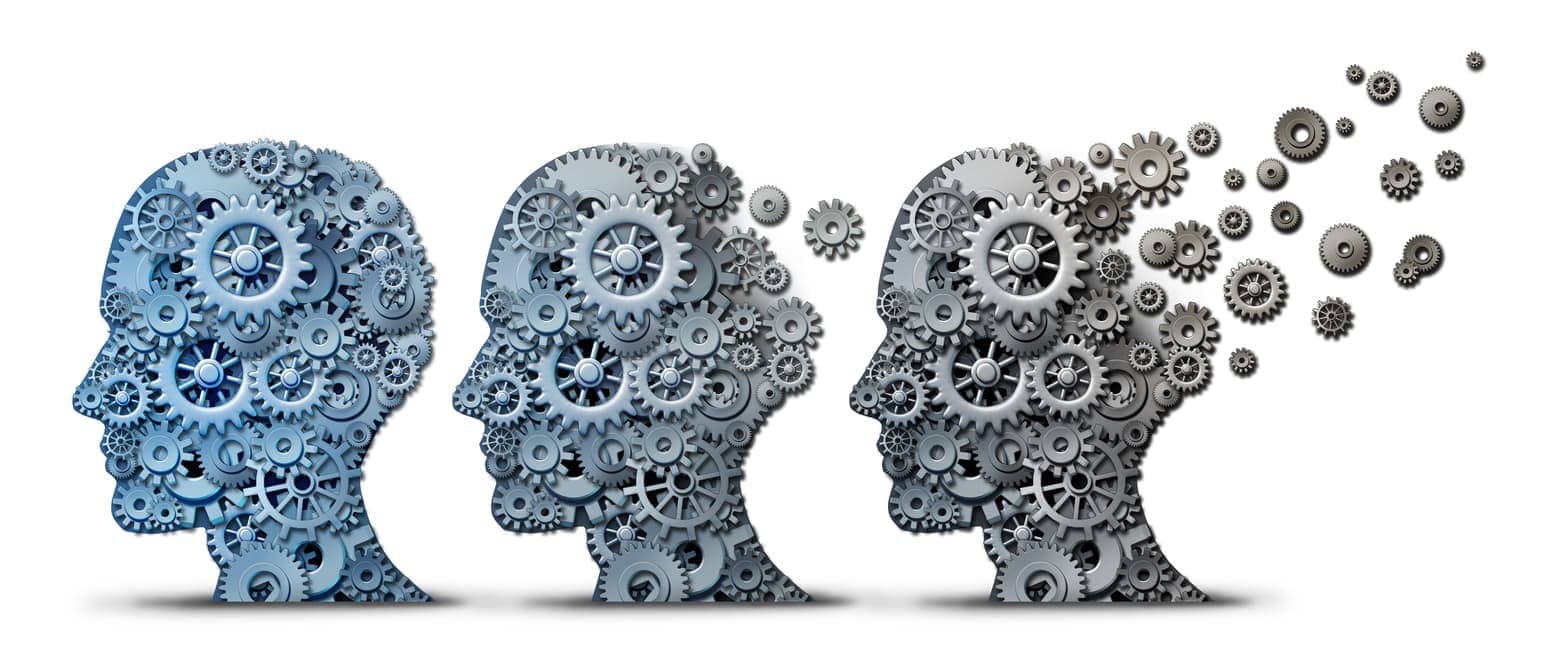
The Different Types of Dementia Treated at Avalon Memory Care
When you hear the word “dementia,” what do you automatically think of? For most people, the phrase “Alzheimer’s disease” most often springs to mind. To someone whose life hasn’t been affected by neurocognitive disease, the words “dementia” and “Alzheimer’s” may be used interchangeably. But though these two words are similar, they have very different meanings.
“Dementia” is a blanket term for a group of neurocognitive disorders. It’s not a disease in and of itself: it’s a group of symptoms that are caused by other conditions. Generally, they manifest in similar ways: they’re progressive, generally are characterized by memory loss and behavior changes and often result in death.
It’s important to note that because these diseases attack the brain, memory is only one aspect that is affected. Depending on where the disease spreads, individuals can lose physical abilities and undergo mental and emotional changes. While Alzheimer’s disease is a dementia (and the most common form of dementia), it is not the only form of dementia.
Currently, the medical community recognizes 13 different kinds of dementia. Here are the five main types of dementia that make up nearly all of cases:
Alzheimer’s disease. This form of dementia makes up 60-80% of dementia cases. It’s characterized by memory loss, particularly short-term memory loss, poor judgement, disruptive behaviors like anger and agitation and eventual loss of physical abilities. Researchers are not sure yet why or how people develop Alzheimer’s disease.
Vascular dementia. Vascular dementia is caused by something going awry in the circulatory system that affects the flow of blood to the brain. This can be caused by a stroke, coronary artery disease, or any other cardiovascular symptoms that narrow the blood vessels. Symptoms of vascular dementia will be different for each person, depending on what area of the brain has been affected. Although damage caused by vascular dementia can’t be reversed, the disease can stabilize and not progress any further if there are no further issues with the cardiovascular system.
Dementia from Parkinson’s disease/Lewy Body Dementia. These two similar types of dementia are characterized by abnormal protein deposits called Lewy Bodies. These proteins appear on nerve cells in the brain stem and disrupt the brain’s functioning.
Frontotemporal dementia (Pick’s disease). Frontotemporal dementia (FTD), or Pick’s disease, is a syndrome where the frontal and temporal anterior lobes of the brain shrink. This form of dementia affects an individual’s personalities first and later begins to impact memory.
Creutzfeldt-Jakob disease. This dementia is believed to be caused by an infected protein known as a prion, which causes normally folded proteins to become misfolded. Early symptoms include memory problems, poor coordination, behavioral changes, and visual disturbances, all with progressing severity.
No matter what form of dementia a person has, it will manifest differently for each individual. At Avalon Memory Care, we are focused on helping each person in our care based on their specific behaviors and who they are as a person, not their diagnosis. We get to know our residents on a one-on-one basis, because each person is different. While medicine can play a part on treatment, our main focus is making sure those in our care feel safe, supported, comfortable and worthy.
Our 20+ years of experience solely in memory care allows Avalon Memory Care to provide customized programs for all types of dementia. If you have questions, call us and let us help. Call us at (972) 385-4386 today.
See More Articles
- Understanding Parkinson’s Disease and Dementia
Parkinson’s disease is an incurable neurological disorder, with progressively worsening complications. Perhaps the most well-known symptom of Parkinson’s is a hand tremor, but it can also cause speech changes, muscle rigidity, and impaired posture. Eventually, as the disease progresses, more than half of all individuals with Parkinson’s will require dementia care. This particular type of
- The Long Goodbye: Understanding Anticipatory Grief and Dementia
When you have a family member who is suffering from dementia, it’s not unusual to find yourself experiencing sharp and sudden emotions. The gradual loss of a loved one is, in many ways, comparable to experiencing the death of someone close to you. With progressive dementia, this sense of loss is accompanied by another emotion
- Hope For the Future: Emerging Alzheimer’s Research
According to the latest statistics, as many as 5.5 million Americans are living with Alzheimer’s disease, and its prevalence is only expected to rise in the next few decades. At the same time, however, research into treatments for the condition is accelerating. With every passing year, we move a little further down the road toward
Testimonials
Downloadable Resources
We Are Avalon
Discover the heart of our community; download ‘We Are Avalon’ to get to know our dedicated team and our commitment to providing a warm, family-like environment.
Transitional Care Guide
If you’re considering a transition, we’re here to help; download our Transitional Care Guide for compassionate guidance through each step of the process.
Schedule a Tour
Visit one of our 30+ campuses and experience our unique approach to memory care.












